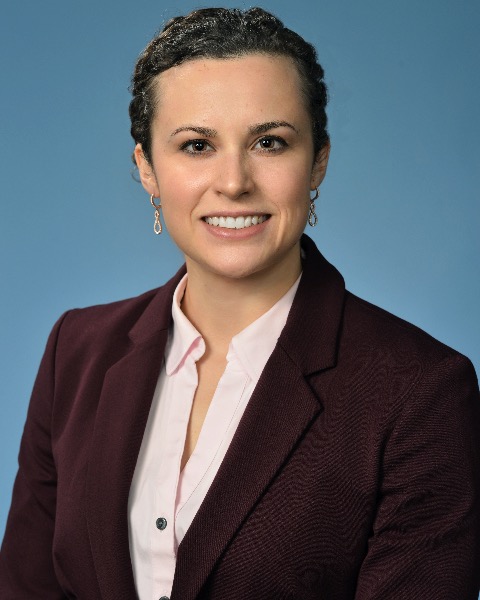Back
Prioritizing Functional Outcomes for Ventral Posterior Fossa Meningiomas; A Review of Our Treatment Paradigm
Friday, May 3, 2024

Trevor Trudeau, BA
Medical Student
Baylor College of Medicine
Rita Snyder, MD
Resident
Baylor College of Medicine
Houston, Texas, United States- AP
Akash Patel, MD
Faculty
Baylor College of Medicine
Houston, Texas, United States
Presenting Author(s)
Co-Author(s)
Introduction: Surgical resection of meningiomas in the ventral posterior fossa region remains difficult due to proximity of cranial nerves and vasculature. At our institution, functional outcomes and quality of life are prioritized over radical resection. We sought to characterize surgical and functional outcomes with extent of resection (EOR) to investigate the success of this treatment paradigm.
Methods: All patients that underwent microsurgical resection of a ventral posterior fossa meningioma (cerebellopontine angle, clival, and petroclival) by the senior author at a single tertiary care center were retrospectively reviewed. Demographic, operative, adjuvant therapy, immediate postoperative and follow-up data were collected. Preoperative and postoperative tumor volume were measured using stereotactic navigation software.
Results: Between 2015 to 2022, 33 cases (average age 55 years, 79% female) underwent microsurgical resection of ventral posterior fossa meningiomas (mean volume: 14.65 ± 15.14 cm3) with a mean follow up of 25.84 months. Preoperatively 72.7% of patients presented with a cranial nerve deficit. Gross total resection was achieved in 42%, subtotal in 12%, and partial in 45%. Postoperatively 58% of patients developed a new or worsened cranial nerve deficit; 30% were permanent. On multivariate analysis, neither operative iteration nor extent of resection were associated with permanent postoperative cranial nerve deficits. Seven patients (21.1%) required reoperation with a mean time to reoperation of 19 months. Recurrence was reported in 8 out of 28 patients (28.6%) with more than 6 months of follow-up available.
Conclusion : Our institution’s treatment paradigm achieved favorable outcomes with no significant difference in recurrence or reoperation rates and extent of resection of ventral posterior fossa meningiomas. Additionally, patients who underwent reoperation did not display an increased risk for functional deficit. Overall, our functional outcomes were favorable, with 70% of patients reporting no or mild cranial nerve deficits at last follow-up.
Methods: All patients that underwent microsurgical resection of a ventral posterior fossa meningioma (cerebellopontine angle, clival, and petroclival) by the senior author at a single tertiary care center were retrospectively reviewed. Demographic, operative, adjuvant therapy, immediate postoperative and follow-up data were collected. Preoperative and postoperative tumor volume were measured using stereotactic navigation software.
Results: Between 2015 to 2022, 33 cases (average age 55 years, 79% female) underwent microsurgical resection of ventral posterior fossa meningiomas (mean volume: 14.65 ± 15.14 cm3) with a mean follow up of 25.84 months. Preoperatively 72.7% of patients presented with a cranial nerve deficit. Gross total resection was achieved in 42%, subtotal in 12%, and partial in 45%. Postoperatively 58% of patients developed a new or worsened cranial nerve deficit; 30% were permanent. On multivariate analysis, neither operative iteration nor extent of resection were associated with permanent postoperative cranial nerve deficits. Seven patients (21.1%) required reoperation with a mean time to reoperation of 19 months. Recurrence was reported in 8 out of 28 patients (28.6%) with more than 6 months of follow-up available.
Conclusion : Our institution’s treatment paradigm achieved favorable outcomes with no significant difference in recurrence or reoperation rates and extent of resection of ventral posterior fossa meningiomas. Additionally, patients who underwent reoperation did not display an increased risk for functional deficit. Overall, our functional outcomes were favorable, with 70% of patients reporting no or mild cranial nerve deficits at last follow-up.
